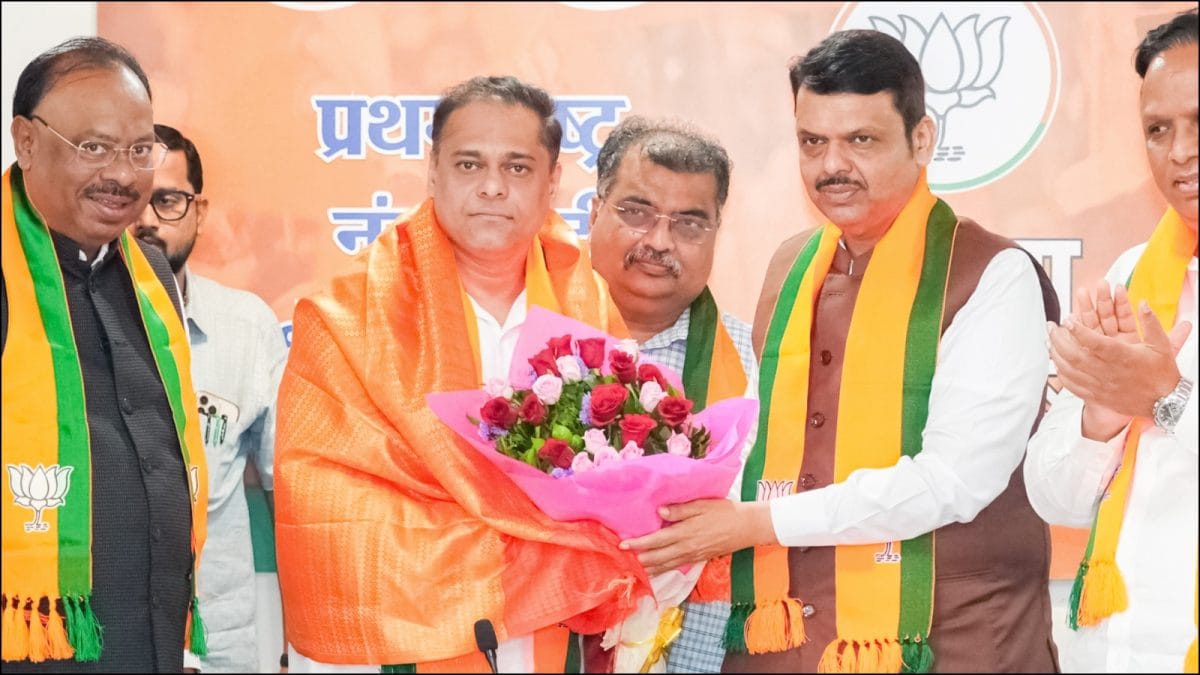ARTICLE AD BOX

NEW DELHI: West Bengal on Wednesday warned that vesting governors with discretion to decide the fate of bills would jeopardise states' legislative functions, while Supreme Court-prescribed timeline for governors and the President would expedite transforming people's will into laws.
This would not amount to amending the Constitution, it told the court. The TMC govt, through senior advocate Kapil Sibal, told a bench of CJI B R Gavai, and Justices Surya Kant, Vikram Nath, P S Narasimha and A S Chandurkar that the Constitution does not assign to the governor a dominating position or a significant role in either the legislative or executive functioning of a state.Sibal said if the governor is given unbridled discretion and he decides to simply sit on a bill for years, it will amount to negating the will of the people which is expressed through the bill by the elected representatives in the state legislature.Constitution mandates guv to act as soon as possible: Sibal An interpretation that gives the governor the executive power to withhold assent upends the entire constitutional scheme," senior advocate Kapil Sibal added. If the Centre's argument is accepted, then it would enable the governor under Article 200 to avoid communication, bypass reasoning, and ignore the primacy of legislature and act on his own, he said.If one goes by the Centre's argument that the governor's decision regarding a bill is not amenable to judicial review, then he can veto any bill, he said, adding that the governor would become a super-constitutional office, a concept wholly alien and incompatible with constitutionalism, responsible govt, and democracy.
The reading in of a timeline for the governor or President to take a decision on a bill has become of paramount importance, the senior advocate added, given the distortions of keeping bills pending indefinitely in opposition-ruled states. Sibal said, "A house cannot run if there is a marital discord. This is also true for the democratic institutions, where there must be harmony between legislature, executive and constitutional heads.
"He said the Constitution mandates the governor to act "as soon as possible", which attaches immediacy to the action of the governor. When that is being breached by keeping the bills pending for years without ascribing a reason, the SC would be preventing constitutional distortion by providing a timeline, Sibal said."Thus, time limits prescribed by constitutional courts under the circumstances above are not to be equated with judicially enacted constitutional amendments," Sibal said, and termed the President's queries to the SC as "vague and based on conjured up situations" most of which do not warrant the SC's opinion.For Karnataka and Himachal Pradesh, senior advocates Gopal Subamanium and Anand Sharma echoed Sibal's arguments and said in the constitutional scheme for the federal structure of governance in India, the President or the governors are assigned no legislative or executive function.Subramanium said according to Dr B R Ambedkar, the states and Centre are to function as co-equals within their demarcated legislative arenas. "If the governors, as agents of the Centre acting as titular heads of the states, would have unbridled power to stall bills enacted by state legislatures, then there would be a serious imbalance in the federal governance," he said.



.png)
.png)
.png)
















 2 hours ago
5
2 hours ago
5








 English (US) ·
English (US) ·